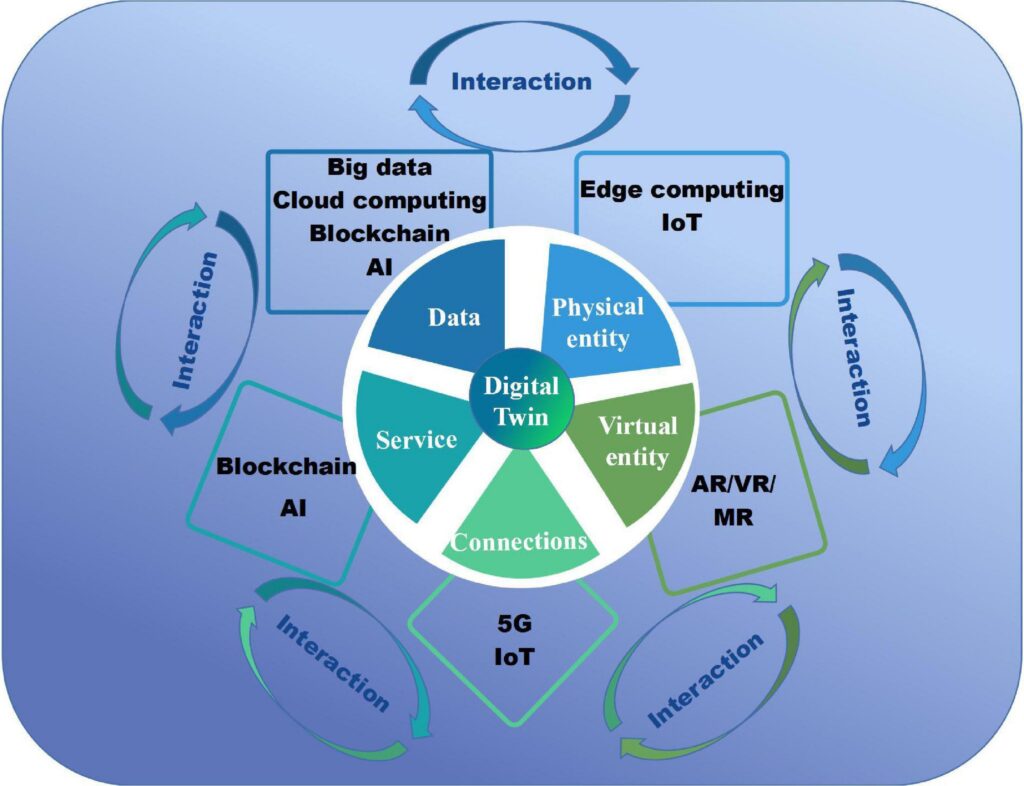In the modern digital age, cyber warfare has become a prevalent form of conflict that raises complex ethical questions. This article delves into the ethics of cyber warfare, exploring the implications and arguments for and against its use. Defined as the use of digital technologies to conduct aggression or sabotage, cyber warfare can have far-reaching consequences for innocent civilians and critical infrastructure. The theory of just war provides a framework for evaluating the ethics of cyber warfare, but opponents raise concerns about collateral damage and escalation. As technology continues to evolve, it is crucial for policymakers to consider the ethical implications of cyber warfare to ensure it is conducted responsibly and ethically.
The Ethics of Cyber Warfare
In the modern digital age, cyber warfare has become an increasingly prevalent form of conflict between nations, organizations, and individuals. However, the ethics of engaging in such warfare are complex and contentious, raising questions about the morality of using digital means to harm others. This article explores the ethical implications of cyber warfare and examines the arguments for and against its use.
Defining Cyber Warfare
Cyber warfare refers to the use of digital technologies and information systems to conduct acts of aggression or sabotage against a target, such as a nation-state, organization, or individual. This can include hacking into computer systems, spreading malware or viruses, disrupting communications networks, or stealing sensitive information. The goal of cyber warfare is to cause harm or damage to the target’s infrastructure, economy, or security.
The Ethics of Cyber Warfare
One of the primary ethical concerns surrounding cyber warfare is the potential for collateral damage. Unlike traditional forms of warfare, which primarily affect physical targets and combatants, cyber attacks can have far-reaching consequences for innocent civilians, businesses, and critical infrastructure. For example, a cyber attack on a power grid or financial system could disrupt services and cause widespread harm to individuals who rely on them.
Just War Theory
One framework for evaluating the ethics of cyber warfare is the theory of just war, which posits that military action is only justified if it meets certain criteria, such as having a just cause, being proportionate, and minimizing harm to civilians. Proponents of cyber warfare argue that it can be a more ethical alternative to traditional warfare, as it can be used to target specific military objectives without risking the lives of soldiers or civilians.
Nonetheless, opponents of cyber warfare argue that it can still have devastating consequences for innocent individuals and communities. They also raise concerns about the potential for escalation, as cyber attacks can quickly spiral out of control and lead to a full-scale conflict. Additionally, there are ethical questions about the use of cyber weapons, such as malware and viruses, which can have unpredictable and destructive effects on computer systems.
The Future of Cyber Warfare
As the use of digital technologies continues to evolve, the ethics of cyber warfare will remain a key issue for policymakers, military leaders, and society as a whole. It is essential to consider the ethical implications of using cyber warfare to ensure that it is conducted in a responsible and ethical manner, with a focus on minimizing harm and protecting vulnerable populations.
Conclusion
In conclusion, the ethics of cyber warfare are complex and multifaceted, raising significant questions about the morality of using digital technologies to harm others. While some argue that cyber warfare can be a more ethical alternative to traditional forms of conflict, others raise concerns about the potential for collateral damage, escalation, and the use of destructive cyber weapons. It is crucial for policymakers, military leaders, and society to continue debating and exploring the ethical implications of cyber warfare to ensure that it is conducted in a responsible and ethical manner.
